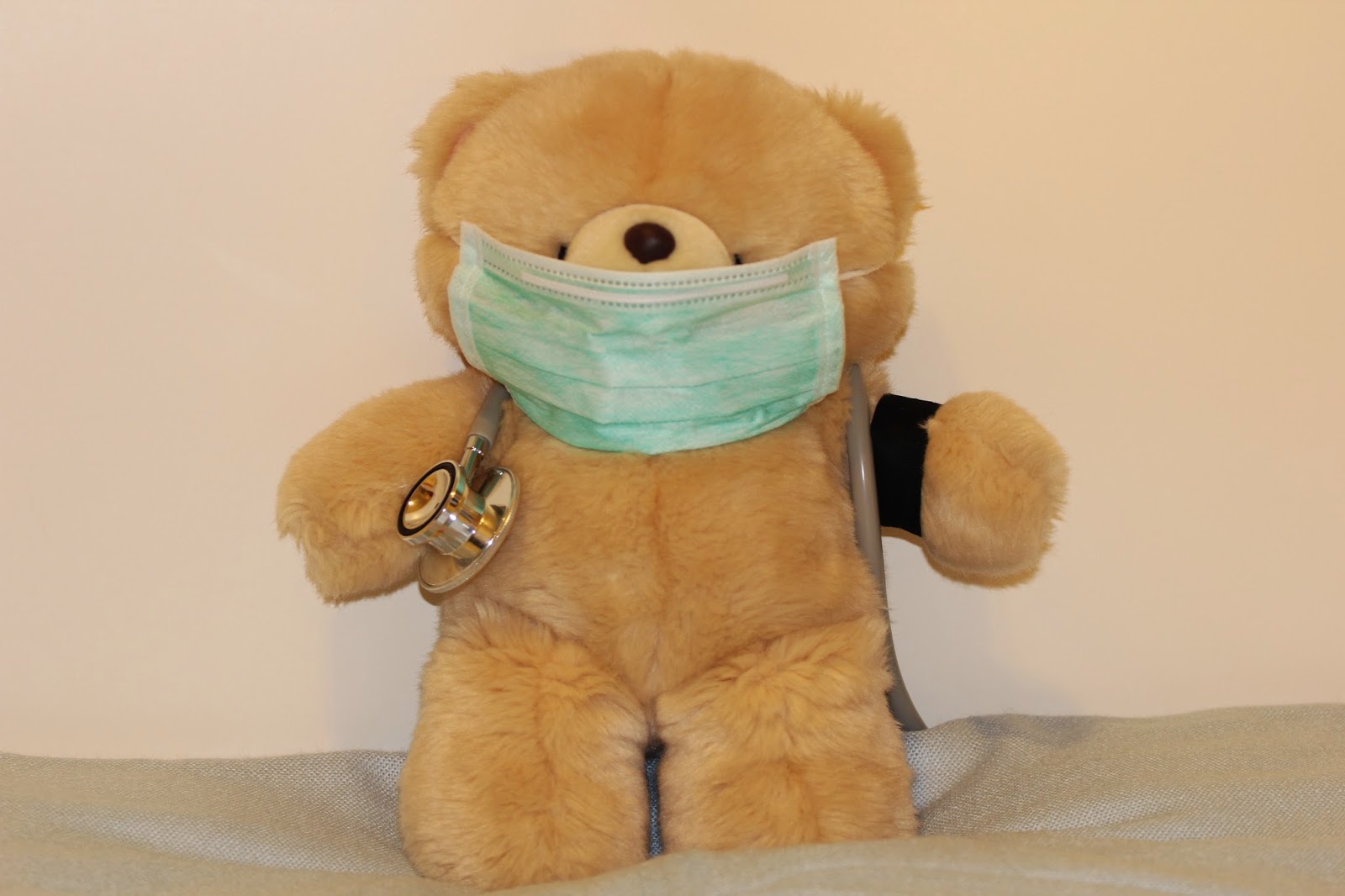Ten years ago, in March 2003, the
Hong Kong Special Administrative Region (HKSAR) suffered from the attack of a
new deadly virus. Around 1750 people
contracted the disease. Sadly, among
them, about 300 patients died. A
significant proportion of the patients and the diseased were healthcare
workers. After a few months, the virus
was identified to be a corona virus; and the disease named as Severe Acute Respiratory
Syndrome, SARS, or the SAR Syndrome.
Now is March 2013, while we pay
our respects and salute to the sufferers, we might want to review the tragedy. Luckily SARS was unheard after 2003, though
there are now sporadic cases of a new corona virus. But can we handle another outbreak of severe
infectious disease?
There have been quite a number of
reviews in the media. I have gone
through some of them, and I have chatted with some colleagues. On an individual level, since the causative
agent is a virus, we do not have a magic bullet for it. Ribavirin is out. Steroid is for the immune response. It is doubtful if the aged anti-SARS serum is effective.
We do have better supportive treatment
now, such as better ventilators and Extra-corporeal Lung Support (ECLS). On infection control level, we now have the
quick screening test for SARS, allowing prompt identification of probable
subjects. We have better protective
equipment, which is regularly used by healthcare professions. We have better ward facilities such as
negative pressure wards. We have the
precedent of quarantining a hotel during the swine flu period in 2009. We have better action plans and we have trained
people for strategy execution.
However, are we prepared
psychologically for an outbreak? For
those who experienced SARS ten years ago, do you still remember how you felt at
that time? For those younger doctors, have
you ever thought of the life as a doctor in the period of a disaster? I try to recall my feelings ten years ago. Although I was by no means in close contact
with SARS patients, as a family doctor I was still a frontline worker. Every patient with fever was a potent sufferer
of SARS. I had to wear protective gears.
I could not play with babies and kids
and I could not hold them in my arms. I did
not eat at my clinic, and I dined alone in open areas during lunch. I avoided lifts as far as possible. I went straight for a bath when I reached
home. I heard story from patients about
how their friends and relatives got infected. I knew that some of my colleagues were
affected. I read in newspaper that the
number of casualties increased every day.
I then realize that I would have
to prepare to face “losses” if there were another outbreak. In the worst case, I might lose my life. More likely, I might lose my freedom, which
includes the freedom to travel, the freedom of not being isolated, the freedom
to meet and chat and dine with friends without worry. Surely, I would lose the trust of breathing in
without the filter of a mask, maybe at the same time losing the trust on my
patients. Others would suffer similar
losses, to a greater or lesser extent. Apart
from physical and psychological aspects, the economy of Hong Kong, maybe the
whole world, would be affected.
Reviewing the tragedy ten years
ago, and contemplating what would happen if I were to face it again, a saying
keeps ringing in my mind. It says that
the most delicious food is just dumplings; and that the most comfortable thing
(to do) is just lying down. 最好吃不過是餃子;最舒服不過是躺下。 In some northern provinces of China,
dumplings are the staple food, just like our rice or the Caucasians’ bread. After experiencing major events, be they good
or bad, one would likely come up with the conclusion that uneventful lives are
most valued and longed for. Just like a
commercial advertisement of an airline years ago, after travelling around the
world and tasting cuisines from different countries, what the traveler misses
most is a bowl of rice.
It might be enlightening while
you compare your troubles now and your anticipated losses if there were SARS
again. You might be troubled by the
continuous rise in real estate prices, a fall of stock market, your rival
getting promoted, failure to gain the love of the one you admired, and so on,
and so forth. But looking back at the
list of losses you do not want to encounter, they are mostly mundane things
that we have forgotten, or failed to notice. They are: freedom, trust, or even the
down-to-earth things as breathing and being able to live.
In March 2013, here I again pay
tribute to the diseased and the sufferers from SARS. I pray for Hong Kong that no tragedies will
happen in the future. I treasure the
bowl of rice I am going to have for dinner, after which I would lie down, and
sleep through the night.
(Source: HKMA News March 2013)


沒有留言:
張貼留言